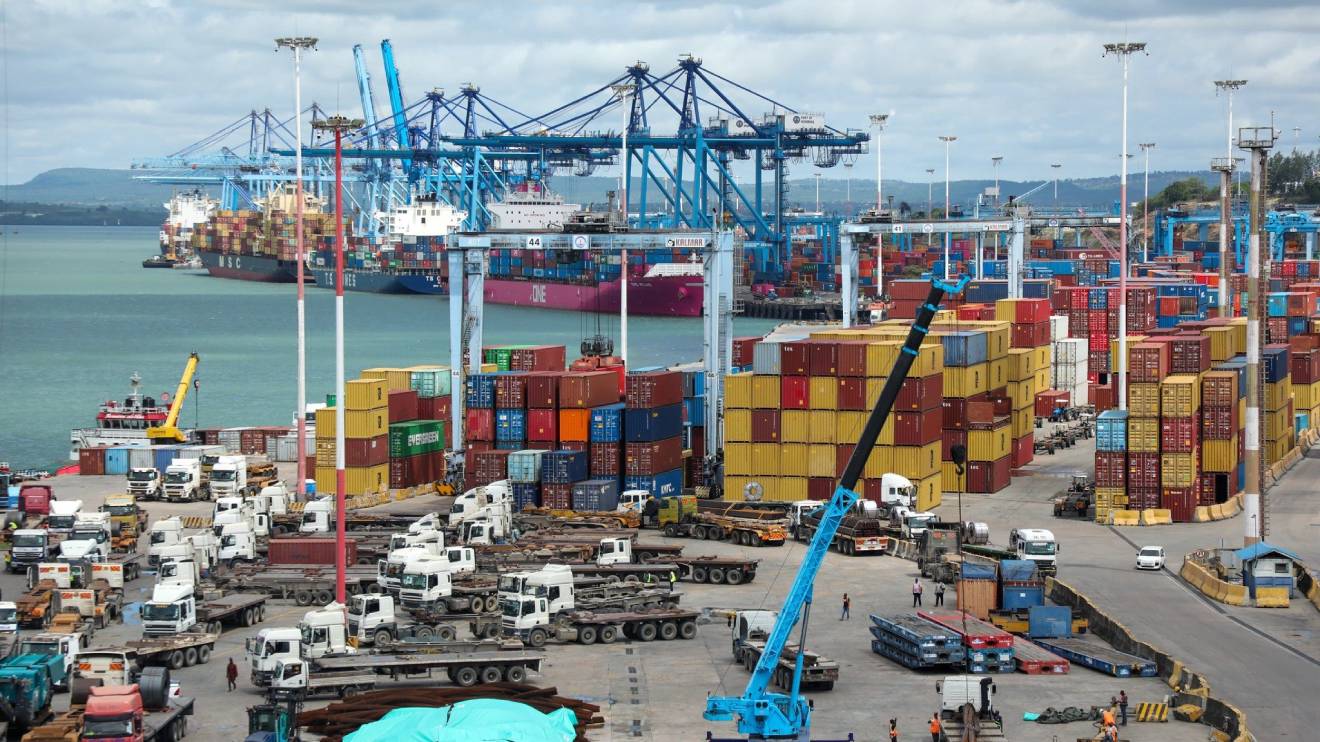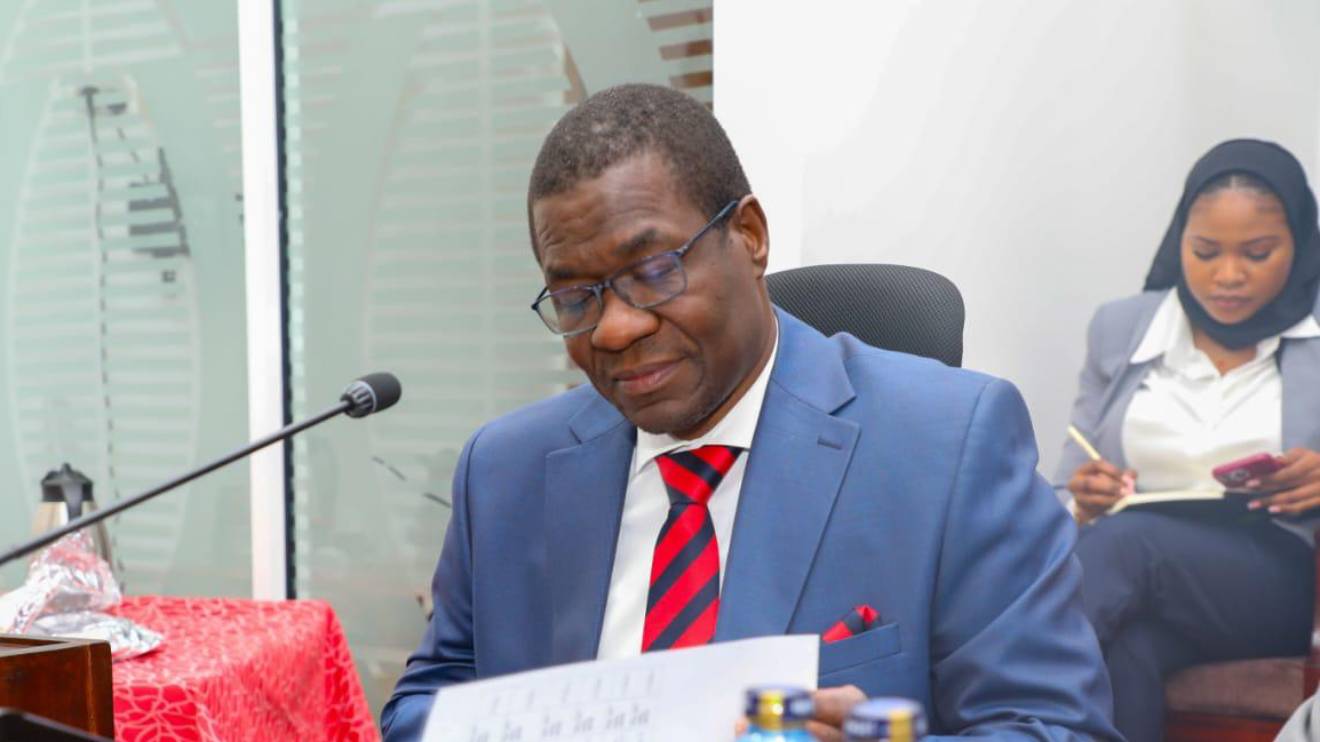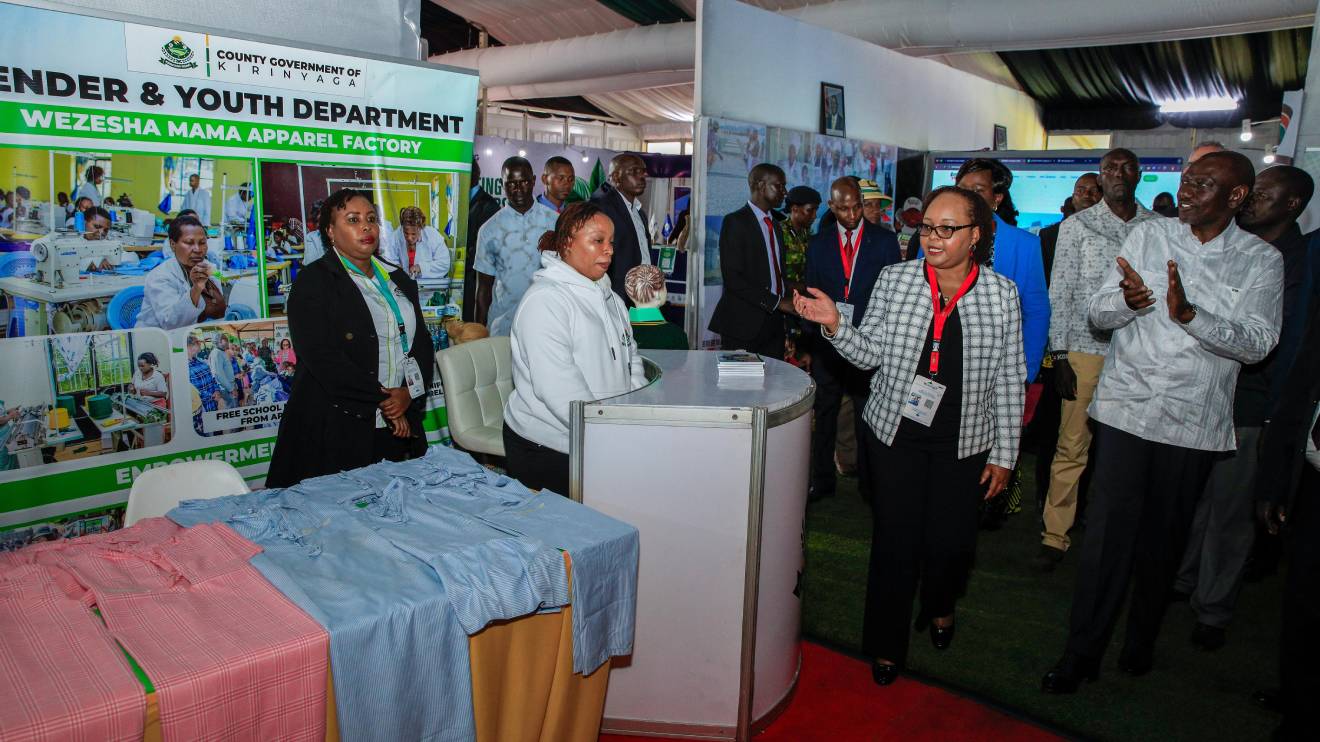Investors at the Nairobi Securities Exchange (NSE) saw nearly Sh10 billion wiped off their paper wealth last week as the bourse mirrored a global cooling in market activity.
Figures from the Central Bank of Kenya’s latest bulletin show the NSE’s three key indices — NASI, NSE 25, and NSE 20 — edged down by 0.05 per cent, 0.45 per cent, and 0.76 per cent respectively, by the close of April.
Alongside, market capitalisation dipped 0.04 per cent, while traded shares plummeted by over 60 per cent, and overall equity turnover slipped 0.40 per cent.
Globally, markets were shaken as the US dollar weakened to levels unseen since 2022.
On May 1, 2025, the ICE US Dollar Index — which tracks the greenback against major global currencies — slid to 97.92, the lowest since March 2022.
Read More
FactSet reported the index was down one per cent on the day at 98.38, as international investors pulled back from US assets amid trade tensions between President Donald Trump’s administration and the Federal Reserve.
Despite hints from China about possibly easing tariffs on the US, which helped propel Wall Street into a nine-day winning streak, Nairobi’s market remained sluggish.
Among the bright spots, Unga Group Plc stood out. Trading under ISIN code KE0000000497, the manufacturing firm has seen steady activity, averaging 600 shares in daily volume since March. Its rebound to profitability in February after nearly three years of losses has drawn fresh investor attention.
Eaagads, known for its coffee business spanning growing, blending, and global sales, emerged as the second-best performer, riding the wave of surging international coffee prices.
Its share price jumped 6.25 per cent to close the week at Sh12.75, helped by weather challenges in key producing nations and supply chain disruptions.
On the losing side, the banking sector took a hit, with Stanbic Bank and NCBA Bank shedding 10 per cent and 8.25 per cent, respectively.
Turning to the bond market, the Treasury bill auction on 30 April attracted bids worth Sh18.4 billion against an advertised Sh24 billion, marking a 76.6 per cent performance.
Interest rates fell slightly for the 91-day and 364-day bills, while the 182-day rate held steady.
Meanwhile, reopened 15-year and 25-year fixed-rate bonds drew Sh57.1 billion in bids, outpacing the Sh50 billion offer for a 114.2 per cent subscription rate.
Still, the domestic secondary bond market saw a modest 0.8 per cent dip in turnover.








